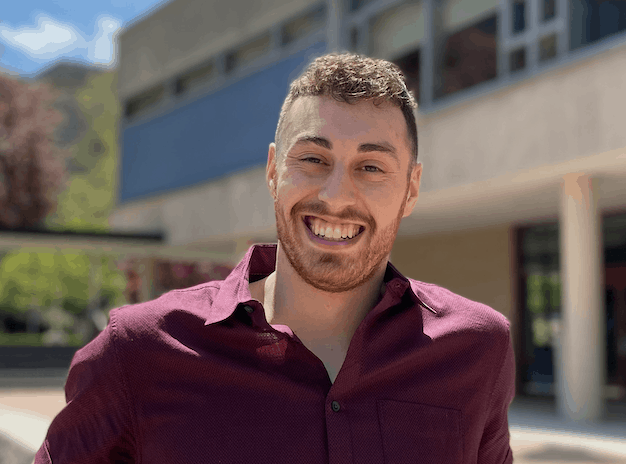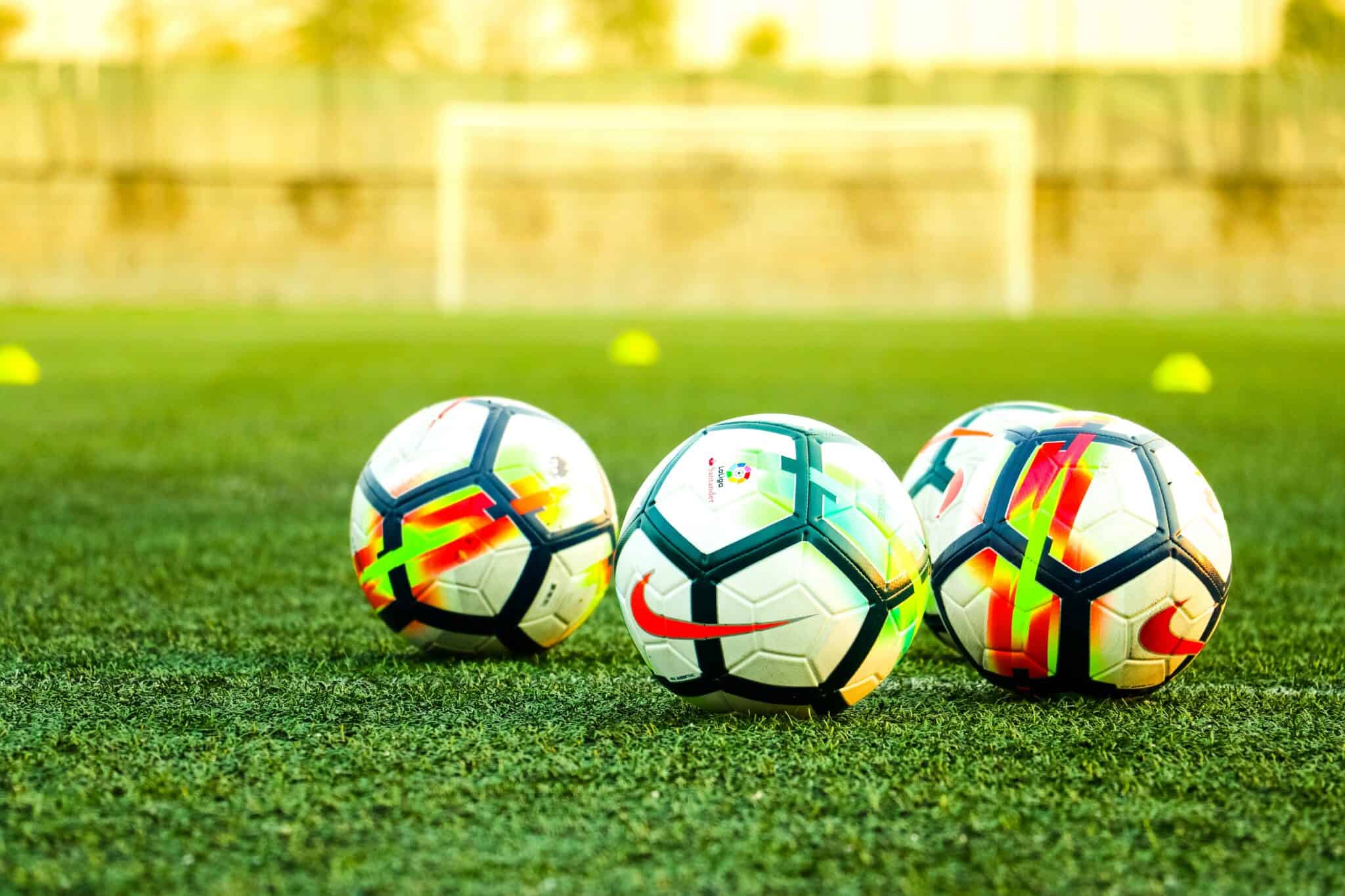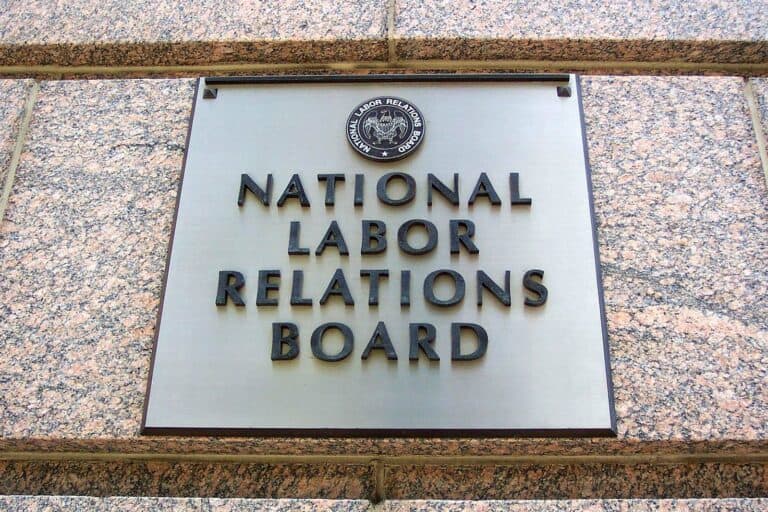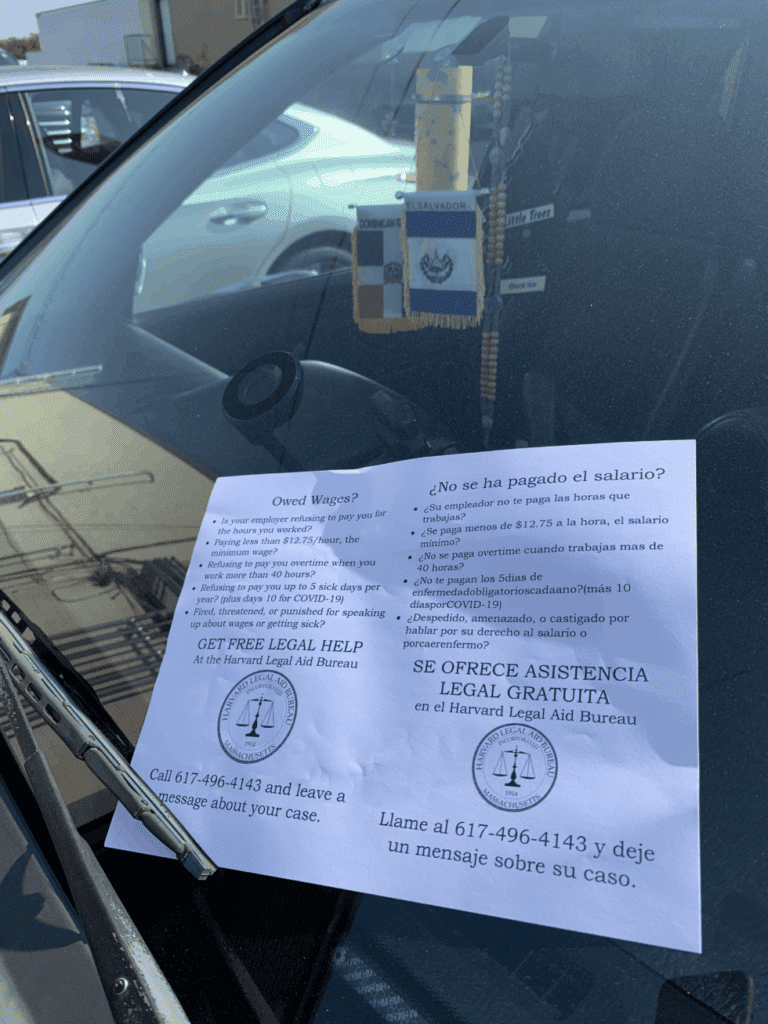
Alex Blutman is a student at Harvard Law School and a member of the Labor and Employment Lab.
A couple of weeks after publishing an open letter requesting that the men’s and women’s national team’s unions agree to a plan that would equalize the FIFA World Cup prize money distributed to the federation, U.S. Soccer announced that it had offered the respective unions identical proposals for a new collective bargaining agreement. The U.S. Women’s National Team Players Association called the offer a publicity stunt, accusing the federation of bargaining through the media. U.S. Soccer responded that a paper offer “of identical contracts to the USWNT and USMNT…is real, authentic and in good faith.” USWNT star Alex Morgan, one of the named plaintiffs in the team’s equal pay suit against U.S. Soccer, said the team is hopeful about the new proposal but that they need to make sure any new agreement recognizes and rewards the players’ true value. In the federation’s latest filing in response to the USWNT’s appeal of the lawsuit, U.S. Soccer emphasized that the total compensation provided for by the women’s team’s CBA was higher than the men’s compensation during the class period regardless of whether the figures were calculated on an aggregate, per game, or revenue basis. U.S. Soccer also reminded the court that the “WNT deliberately negotiated for a CBA that prioritized guaranteed salaries and substantial benefits over higher contingent bonuses.” A spokesperson for the USWNT reiterated that the federation’s arguments ignore “that the women’s team had to be much more successful than the men’s team to make about the same as the men.”
In a case that could have broad implications for public school workers, the Supreme Court is set to decide whether it will hear the appeal of Joe Kennedy, a former high school assistant football coach who was disciplined for praying at midfield after games. Kennedy has argued that the brief, private religious expression in which he engaged is protected by the First Amendment and is not the sort of speech a public employer can regulate because it was not made in his role as a coach. He contends that the Ninth Circuit’s ruling, which affirmed summary judgment to the school district, turns nearly everything public school teachers and coaches say or do into government speech that can be prohibited. The Ninth Circuit endorsed the school district’s position that Kennedy’s post-game behavior is within the scope of his role as a coach and that his prayer, occurring in the presence of students in the middle of a school event while he was on duty, was not private.
More than 500 athletes and various athlete associations signed an amicus curiae brief submitted to the Supreme Court advocating for the protection of abortion rights in Dobbs v. Jackson Women’s Health Organization, a case involving a Mississippi law banning the procedure after 15 weeks of pregnancy and which represents a direct challenge to the landmark 1973 Roe v. Wade decision. The brief’s signatories include basketball and soccer stars such as Sue Bird and Megan Rapinoe, as well as the Women’s National Basketball Players Association and the National Women’s Soccer League Players Association. The brief contends that abortion rights have helped the growth of women’s sports and expresses concern that future athletes, without the right to terminate a pregnancy, would be forced to endure physical tolls that would undermine their ability to “actualize their full human potential.”
The September 20 cover story for Sports Illustrated explains how the WNBA adopted a player-led process to become the first league in North American sports to reach a 99% vaccination rate. When WNBA commissioner Cathy Engelbert first met with the union’s executive director, Terri Jackson, about achieving a high vaccination rate, Jackson explained that the most important thing the league office could do was to stay out of the way. Jackson recalled explaining to Engelbert, “We, [players association] staff, we knew we had to do this. We knew that it had to come purely from the players association, because we are the players, we report to them, and they trust us, period, the end.” The union’s approach was simple: conduct player outreach to gauge concerns and use the results to inform panels with health care professionals with a focus on creating a shame-free, learning-focused environment. In June, the WNBA reached near-total vaccination among its players.
In further developments in Johnson v. NCAA, an employment and wage suit brought by student-athletes against multiple universities and the NCAA, the U.S. District Court for the Eastern District of Pennsylvania dismissed part of the plaintiffs’ proposed class action but denied dismissal against the NCAA, concluding that the athletes plausibly alleged the organization is their joint employer. The plaintiff student-athletes originally brought their suit against three categories of parties: schools which they attended, schools which they did not attend, and the NCAA. The court previously denied a separate motion to dismiss filed by schools which the athletes attended. In the order last week, the court dismissed the suit as to the schools the plaintiffs did not attend, but as to the NCAA, the court found that the plaintiffs’ complaint plausibly alleged that the Third Circuit’s joint employer test applies.










Daily News & Commentary
Start your day with our roundup of the latest labor developments. See all
February 22
A petition for certiorari in Bivens v. Zep, New York nurses end their historic six-week-strike, and Professor Block argues for just cause protections in New York City.
February 20
An analysis of the Board's decisions since regaining a quorum; 5th Circuit dissent criticizes Wright Line, Thryv.
February 19
Union membership increases slightly; Washington farmworker bill fails to make it out of committee; and unions in Argentina are on strike protesting President Milei’s labor reform bill.
February 18
A ruling against forced labor in CO prisons; business coalition lacks standing to challenge captive audience ban; labor unions to participate in rent strike in MN
February 17
San Francisco teachers’ strike ends; EEOC releases new guidance on telework; NFL must litigate discrimination and retaliation claims.
February 16
BLS releases jobs data; ILO hosts conference on child labor.